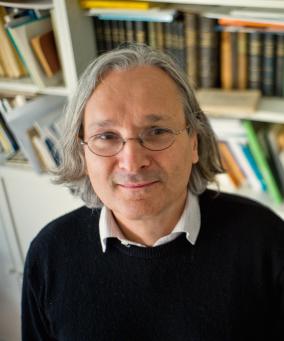Nominations are open for the Royal Statistical Society’s awards for statistical excellence in journalism. Eligible work must have been published or broadcast between 1 January 2011 and 31 December 2011.
Awards are to be made in three categories:
- print publication
- online publication
- broadcast media
When nominating, you are asked to indicate in which area or areas you feel an entry has made a contribution from the following:
- raised awareness and understanding of what statistics are and what they can be used for, and what statistical methods can achieve
- enabled greater public understanding through an accessible analysis of the statistics put forward to support or challenge the claims of policy makers
- sourced and used statistics to investigate a societal issue and have an impact on public opinion
- used statistics well to challenge and/or change the decisions and policies of public or private bodies
Final judging takes place in June 2012 with announcements of winners made in early June 2012. Winners will be invited to be formally presented with their awards at the Royal Statistical Society’s Awards Reception on Tuesday, 4 September 2012.
Judging criteria and an entry form are available via the RSS website.


